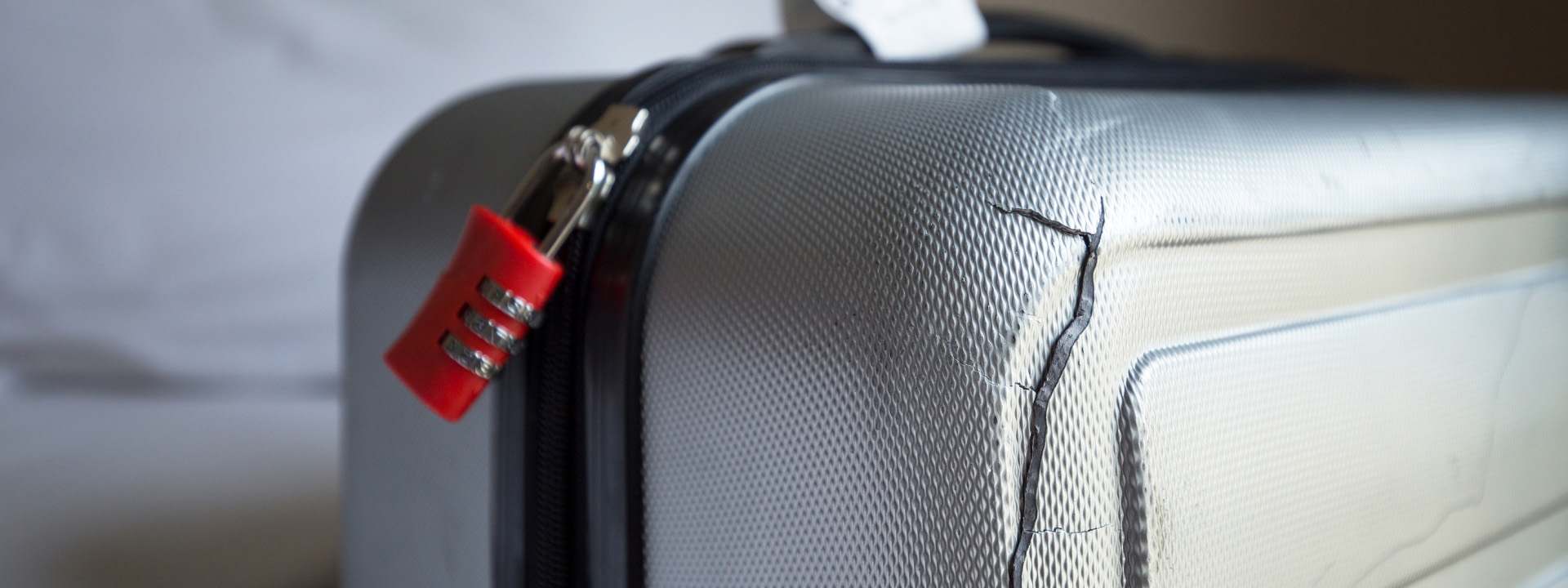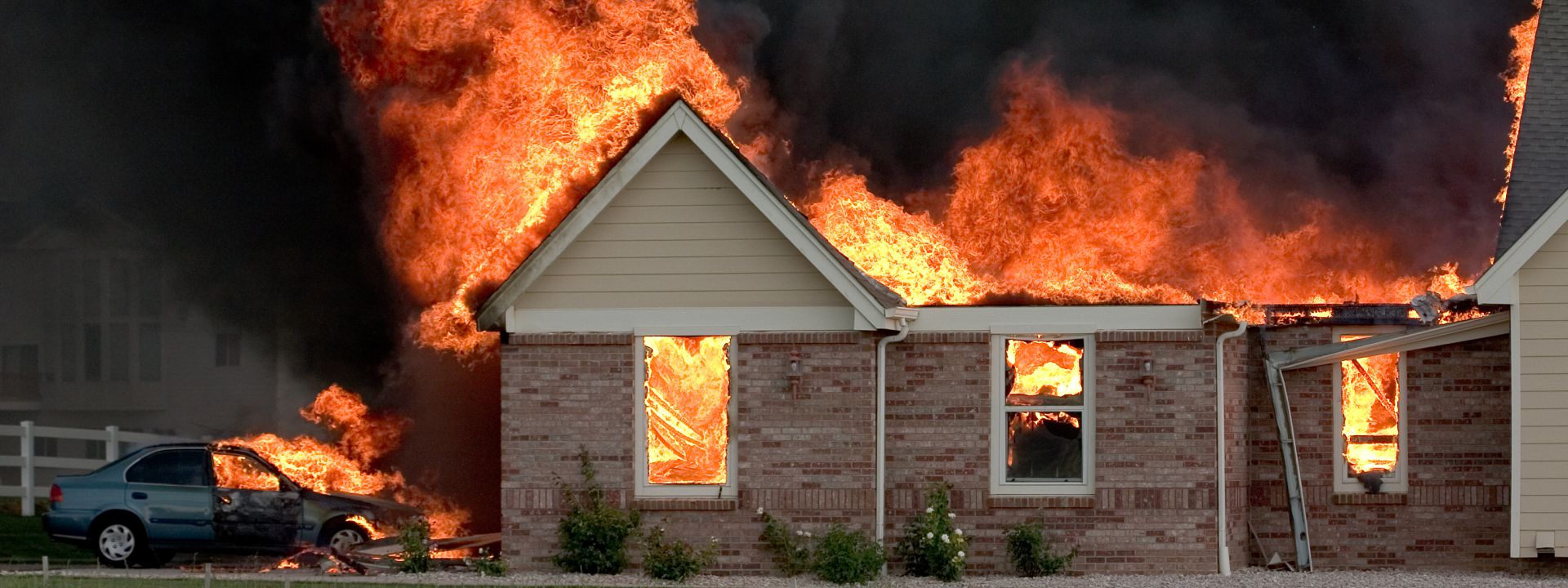Article
Unfair Claim Settlement Practices - Greyfont
Views: 1967
Unfair Claim Settlement Practices
Unfair claim settlement practices are intentionally avoiding a claim by an insurer or an attempt on his part to lower the size of the claim for profit. Let’s discuss such unfair practices.
Suppose a small businessman has insured his company building and personal and commercial property. Unfortunately, a fire breaks out in the building causing Rs. 50 lakhs of property damage. The insurance company delays payment of the claim making the business owner unable to repair the damage and restart his business. The company uses insurance delay tactics to avoid the claim amount. Your broker keeps forgetting to send you the claim form. The adjuster asks for more authentic damage proof while the business owner has already given him relevant evidence of the loss.
There are some other unfair practices which continue to happen in spite of stringent laws framed against them. Some of them are discussed below:
1. Misrepresenting relevant facts or policy provision such as there being building ordinance coverage included in the policy and your insurer saying about such coverage being excluded
2. Making a significant alteration in the policy application without your consent and trying to settle the claim on the basis of the alteration: For example, say, you have requested Rs. 25 lakh limit for utility interruption coverage. But your insurer reduced the limit to Rs.10 lakh without asking you, and now refusing to pay more than Rs.10 lakh.
3. Settling the claim for less than what has been advertised: Suppose an advertisement promises Rs. 25 lakhs limit for flooding damage. The ad hides the fact that this coverage is for an additional premium apart from the premium mentioned in the ad.
4. A policyholder who believes his insurer has violated the provisions in the law may file a complaint with the regulator of the state. The regulator investigates the case and finds out whether the concerned insurer has committed such a crime. If found guilty, the insurer becomes liable for a fine or another penalty. In case multiple unfair acts proven against the insurer, there are changes of getting of the insured getting penalized multiple times.
5. Timeliness in responding by the insurer to the claim filed under your policy is also essential. It becomes an unfair practice if,
- You file a claim today and did not hear about it even after six months; it’s a violation of the provision in the act
- The insurer fails to confirm or deny your coverage within a reasonable time frame after completing the due investigation of the claim
- The insurer fails to provide a prompt explanation after denying your claim
- The company fails to provide the claim form within a specified period of your request
6. Sometimes small settlement amounts are offered, and the insured is forced to sue the insurer to recover the amount.
7. The insurer will ask you to provide both proof of loss form and a loss verification and try to delay the investigation process and the claim payout
If you encounter any of these violations, speak with the concerned authority of the regulating body. He will tell you how the law applies to your particular case and how to file a formal complaint and, if required, a bad faith suit against the insurer. In that case, you may have to consult an attorney. IRDA has created a model claim practice legislation to mandate claims to be handled fairly and there should be clear understanding and communication between the insured and the insurer. It protects the buyers from unjust behaviors from the insurers. According to the top insurance industry officials, IRDAI’s latest draft regulation on the protection of policyholder’s interest will only get better by simplifying insurance sales, streamlining claim settlement procedures, and addressing grievance redressal issues.
The proposed regulations involve drastic improvements in sourcing and servicing of insurance products with the addition of new insurance intermediaries, new products including ULIP’s and advanced technology in grievance redressal machinery. One of the officials observes, the main thrust in the draft regulation is simplifying insurance. There have been certain complexities associated with the purchase of the policy and the customer not being completely aware of the various risks associated with the product. Now, the insurer will make sure to educate their customers through the ‘key feature document.’
The draft regulation is also set to address the major pain point in the minds of the customers, ‘the grievance redressal procedure.’ It’s going to make sure that the insurer puts in place an effective mechanism to build this procedure in extensive details.
Another major positive thing, for the customer, is about the faster settlement of the claims. The procedure of claim settlement is simplified by reducing the ‘turn around’ time to 15 days as compared to 30 days earlier, from the date of receipt of all relevant documents and clarifications. If the insurer has sought investigation in case of a dubious claim, then the study has to be completed in 90 days as against 180 days earlier.
A top official of a renowned insurance company feels that with this new regulation, IRDAI is reasserting the need of insurer providing all the relevant information to the insured, so that he can take an informed decision while entering into an insurance contract and is also availed of certain post policy issue standards. Another issue is about the surveyor appointed for the investigation. An executive of another major company mentions the proposal in the draft of intimating the details of the surveyor appointed to the concerned policyholder within 72 hours of his appointment.
The insurer/ surveyor have to demand any required document from the policyholder within 7 days of the intimation of the claim. The surveyor has to take up the loss assessment work within 48 hours of his appointment. He has to take the photographs of the damage and forward it to the insurer within 24 hours of the start of his work. The policyholder can demand a copy of the photograph. The surveyor has to send an interim report of the investigation to the policyholder within 15 days of his visit to the loss site.
If the claim settled is less than the amount claimed by the policyholder, the basis of such reduction must be given. If the claim is rejected, then the policy clause under which it is rejected should be given to the policyholder. Some of the directives given by IRDAI to the insurers in order to safeguard the interests of the insured against unfair claim settlement practices are, taking proactive steps in misselling and unfair trade practices by defining clear service parameters and full disclosure to the prospect at the time of sale.
References:
https://www.dnaindia.com/business/report-new-irda-rules-to-make-claims-settlement-easier-2329615
https://www.thebalancesmb.com/what-are-unfair-claims-settlement-practices-462531
https://www.scribd.com/document/383262309/Unfair-Claims-Settlement-Practices









 support@greyfont.com
support@greyfont.com Call Us on (022) 4891 3051
Call Us on (022) 4891 3051